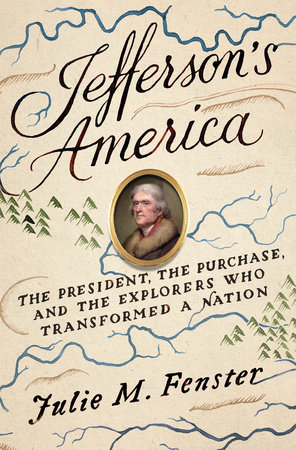Since retirement I have tried to read at least 100 books a year, reaching that goal for the first time in 2015, with 105 books read. With 39 books read so far this year, I am behind last year's pace but still on course, or nearly so. That is my idea of a good reading challenge, something practical and not overly restrictive.
Yet if you read many book blogs or sites like Goodreads or LibraryThing, you will find mention of all kinds of reading challenges, some of which get a little wild. For Popsugar's 2016 Ultimate Reading Challenge, one must attempt to read, among many others, a book based on a fairy tale, a romance set in the future, a book written by a comedian, a book recommended by someone you just met, the first book you see in a bookstore, a book with a blue cover and a book with a protagonist who has your occupation. One might read books in some of these categories as a matter of course, books with blue covers, for example. In recent years I have read books by Billy Crystal, Bob Newhart, Tim Conway and Carol Burnett, and this year I've read one by Monty Python-alumnus Terry Gilliam, so I guess I'm covered when it comes to comedians. But some categories, such as the first book one sees in a bookstore, could obligate you to read something you simply have no desire to read. What's the fun in that? And that book you don't really want to read could cost you $30 besides.
In
One for the Books, a book conveniently with a blue cover, Joe Queenan tells of attempting several self-imposed reading challenges over the years. Among those he has attempted are:
- reading all the books on loan from close friends.
- reading books "I picked off library shelves with my eyes closed."
- reading books "I had always suspected I would hate."
- reading all the coffee-table books in his collection.
- finishing all the books he had previously abandoned.
- reading a book a day for an entire year.
He didn't get very far with most of these, and one can see why. A person can read only a limited number of books in a lifetime, so why waste time with books with little or no appeal? If you are somebody who can't decide what to read next or who can knock off a book a day, then maybe a challenge like one of these could be fun. But if, like me, you already have a backlog of books you want to read and you feel like you are running out of time to read them, most of these challenges seem more like a burden than an enjoyable game.
I do have other ways of adding a bit of play to my reading choices. I will pick a random number, say 12, then select the 12th unread book on each shelf. Then from those books I will choose which one to read next. This simply makes choosing a book easier, while at the same time adding a little mystery to the process.
When I go to Florida in the fall, I fill a small box of books with unread novels by authors whose last names begin with a certain letter of the alphabet. Last winter I read novels by Donna Leon, Lisa Lutz, Laura Lippman, Joe R. Lansdale and so forth. Next winter I may tackle books by Charles McCarry, Helen MacInnes, Larry McMurtry, Grace McClean and Nancy Mauro, among others. I have a lot of M books, so the final selection will not be easy. But it will be fun.
These aren't really reading challenges, but they may provide me with a pleasure similar to what reading challenges provide others.






